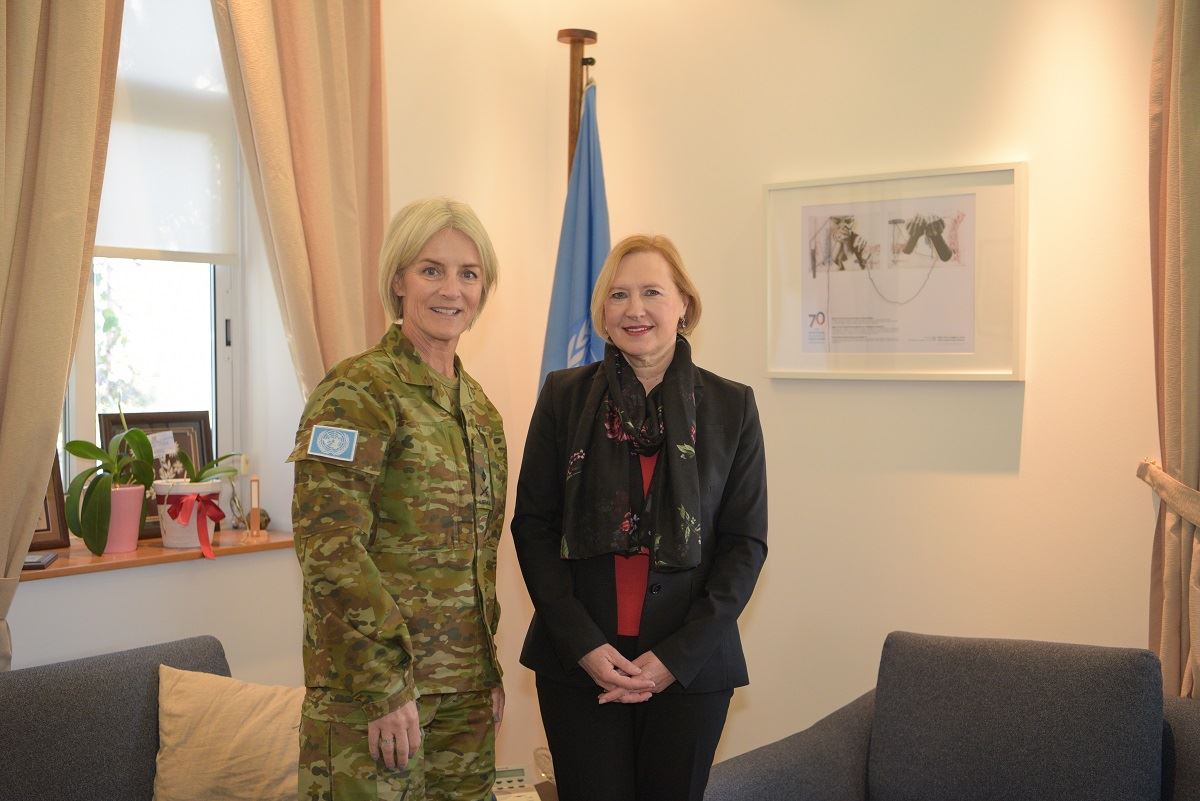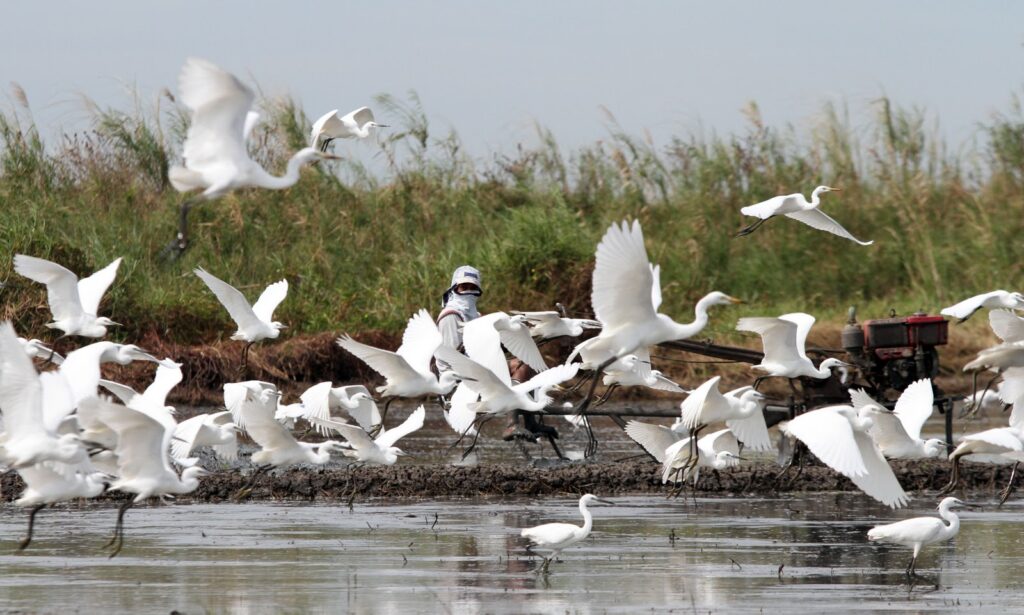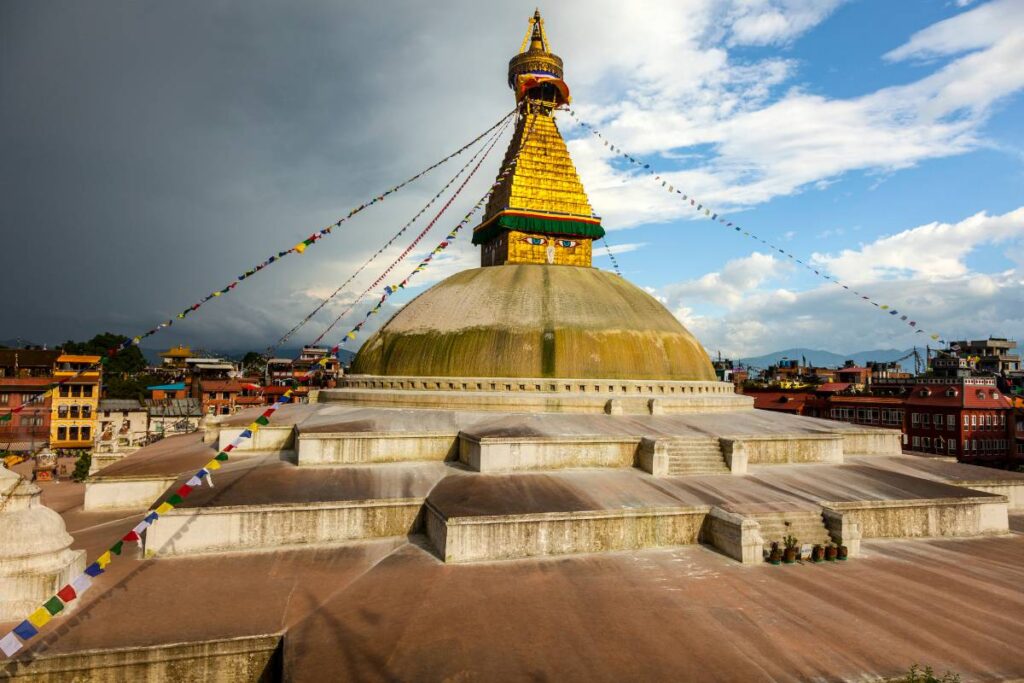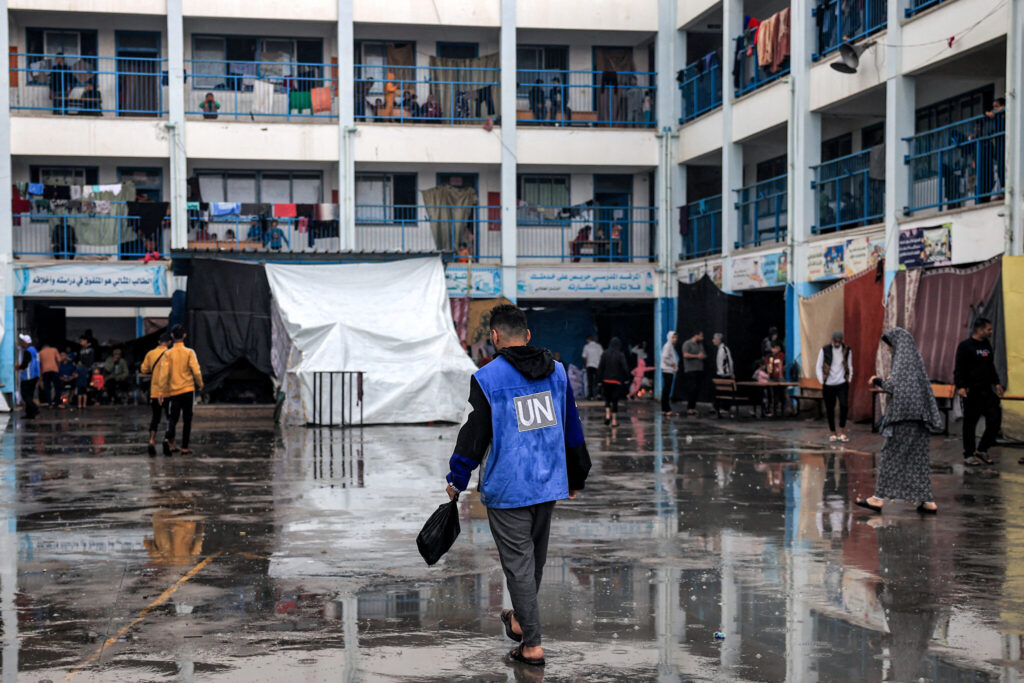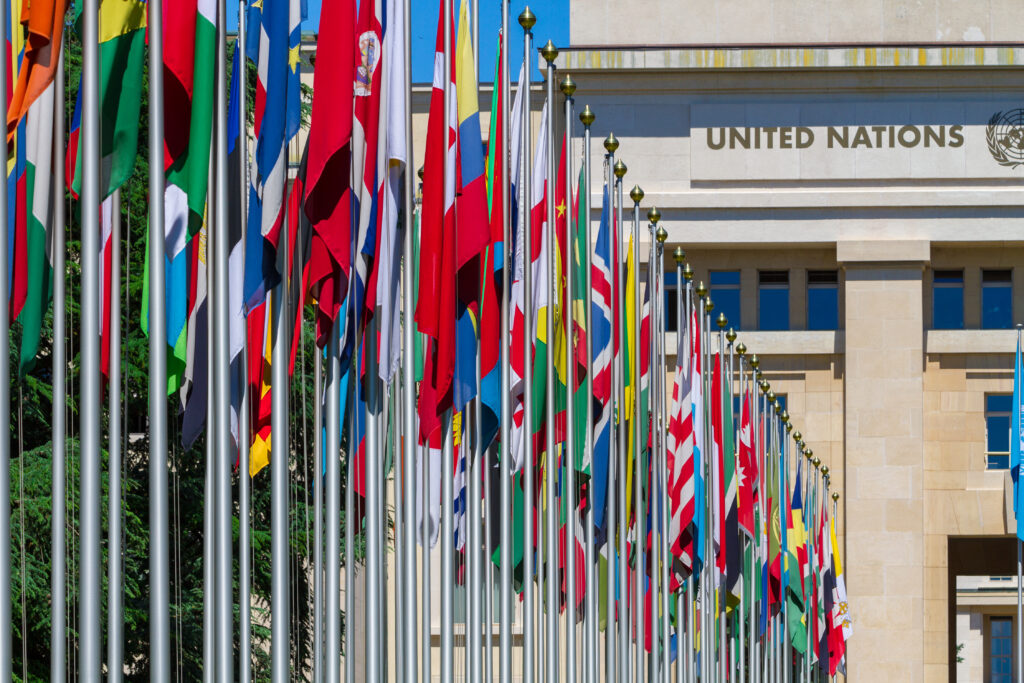By Chandrima Das and Kelli Meyer
Earlier this year, United Nations Secretary-General António Guterres announced an important milestone: for the first time in UN history, a peacekeeping mission is led by all women. That mission is the UN Peacekeeping Mission in Cyprus (UNFICYP), led by Elizabeth Spehar, the Special Representative of the Secretary-General; Major General Cheryl Pearce, the Force Commander; and Ann-Kristen Kvilekval, Senior Police Adviser.
Together, these three women oversee more than 1,000 military, police, and civilian staff supervising the ceasefire line, maintaining the buffer zone, and working to find a political solution to the ongoing conflict between the Greek and Turkish Cypriots.
This is welcome news – which we need more of. According to the UN, between 1957 and 1989, only 20 uniformed women served as UN peacekeepers. In 2014, that number grew to three percent of the total troops. And in 2015, the Security Council issued a resolution that explicitly called for the doubling of the number of women in peacekeeping operations by 2020. Despite this well-intentioned goal, just five percent of all uniformed personnel in the field today are women.
The mission in Cyprus deserves attention, especially considering it took 70 years to get to this point. But it is clear that the rest of UN peacekeeping missions have a lot of progress to make.
As female peacekeepers in a typically male-dominated field, women bring different life experiences and perspectives and are in an ideal position to encourage and empower other women to follow in their paths. We have seen the direct impact of more women in peacekeeping.
In 2007, the first all-female police unit deployed to the UN Peacekeeping Mission in Liberia. The presence of female peacekeepers encouraged local women to follow in their path and proved that they could do the same job as men. As a result, the Liberian National Police experienced a dramatic increase in women joining its forces. Today, women make up 17 percent of Liberia’s security sector, an 11% increase from when the all-female peacekeeping unit arrived.
Research also shows that involving women in peace processes brings sustained dividends. Peace agreements are 35 percent more likely to last at least 15 years when women are at the table, according to the International Peace Institute.
And with women leading in Cyprus, there is a resurgence of support and energy to resolve this long-standing conflict. In addition to Spehar, Pearce, and Kvilekval, the Secretary-General appointed Jane Holl Lute as the UN Special Envoy to Cyprus last year. She is an American leader who has worked both in the UN and with the U.S. government on national security issues. She and her team are tasked with mediating peace talks between the Greek and Turkish Cypriots.
Only a month into their positions, it is too early to tell what effect these women have in Cyprus. Nonetheless, it is thrilling to see women’s perspectives at the center, a space where women are too often excluded, both in UN peacekeeping leadership and in countless industries around the globe.
Given the recent push from the Security Council to find a resolution to this conflict, it is possible that these women could be the key to solving the issues at the core of one of the longest ongoing peacekeeping missions.
This post originally appeared on the United Nations Foundation’s blog.
